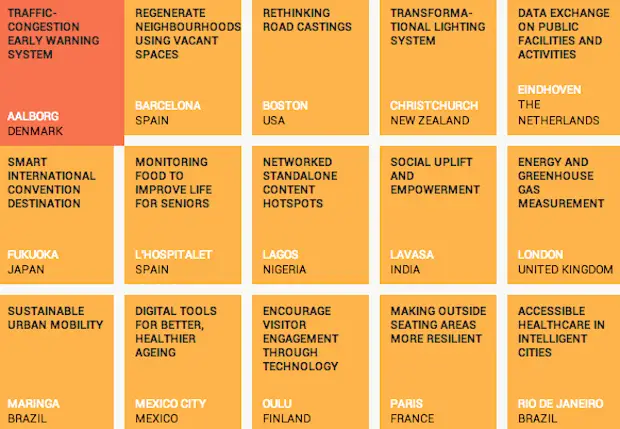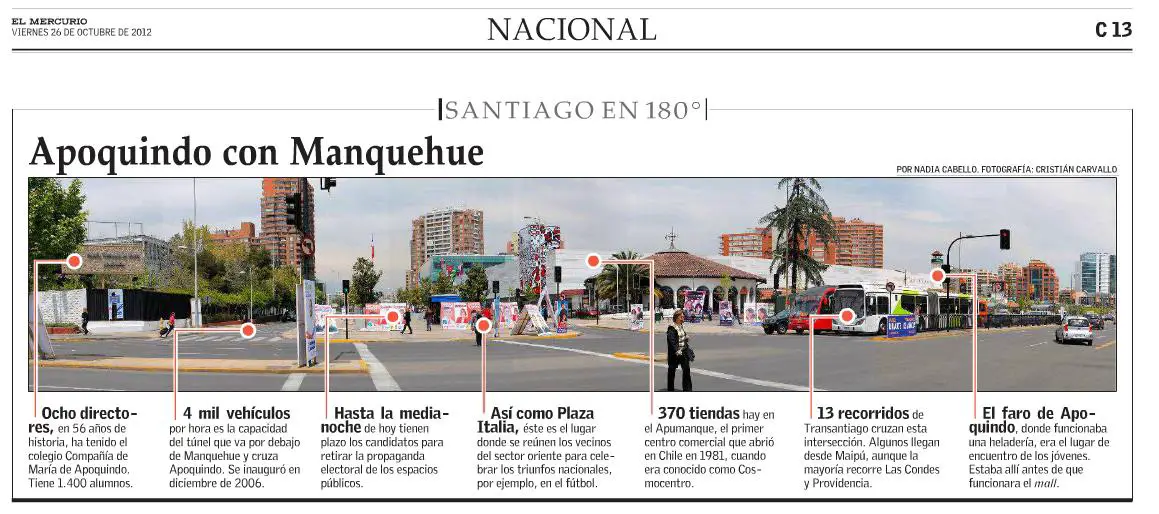I recently saw a post from a Tumblr user who had just made the connection that most major cities have rivers running through them. I thought the post was interesting, not just because it featured maps of five different cities built around rivers, but because it felt like I was witnessing the penny dropping for that person. If the penny hasn’t already dropped for you, rivers are really important to cities.
Most older cities used to be smaller than they currently are, with the land surrounding their centres often used for farming. In fact, my own neighbourhood of Bethnal Green was once farmland for the nearby City of London. But cities have always struggled to generate all the food they need, with rivers and oceans acting as easy(ish) ways to import extra supplies.
Cities are arguably in the same situation they were in hundreds of years ago, except centres have got bigger, farmland further away, and the power of flight transforming our cultural habits. Our eating habits!
For most people living in developed world cities, sourcing food is easy enough. But food security remains a very real challenge, even if it often seems like we’re surrounded by easily-accessible food. Depletion of natural resources and global population increases are already beginning to put a strain on food production systems, and urban poverty means some citizens cannot afford a nutritionally balanced diet. We may not be hunting for food anymore, but getting the food we need remains hard work.
At the Rio +20 summit last June, food security was listed as one of the 7 critical issues that needed to be addressed by the summit, highlighting the importance of dealing with the issue before it became a major global food crisis. “A profound change of the global food and agriculture system is needed if we are to nourish today’s 925 million hungry and the additional 2 billion people expected by 2050,” says the Rio +20 website. The majority of the additional 2 billion people, we now know, will be living in urban areas.
However, done right, food culture has massive potential for a city. Food-educated citizens can lead healthier lifestyles and traditional dishes can contribute to the local culture of an area. Urban farms can raise awareness of sustainable food production and contribute to a city’s food demands. Urban identity can be reinforced by a love of food and, of course, tourists come flocking to a city known for its food.
Successful cities need food. Rivers and oceans remain a useful ingredient (excuse the pun) for meeting the demands of modern cities, but today’s challenges are different to those of hundreds of years ago. So how can cities get food right?
Join This Big City and Future Cape Town for our next #citytalk tweetchat on January 23rd at 6PM GMT/7PM CET/1PM EST. We’ll be discussing the challenges and opportunities associated with food in the city. It would be great if you could come and share your views!
Photo: adamclyde


